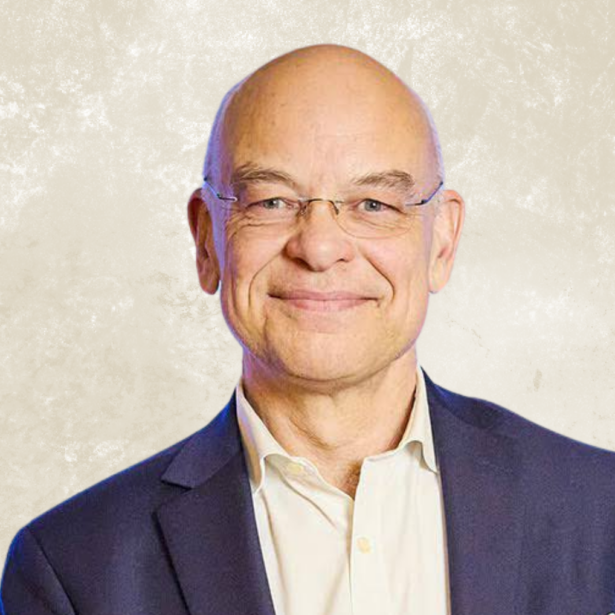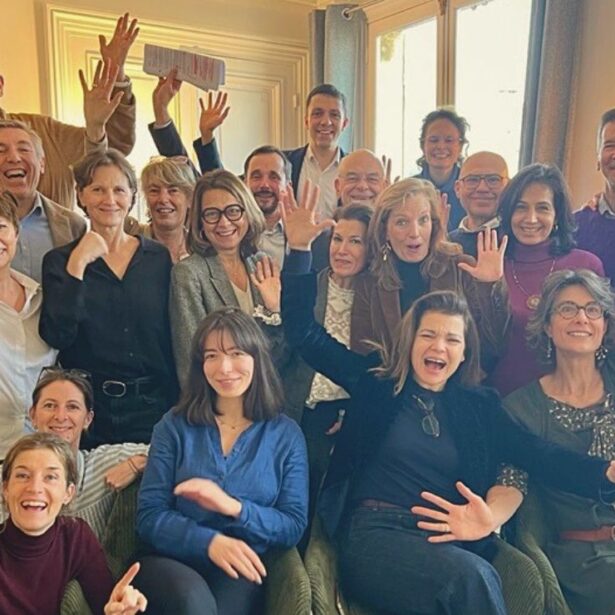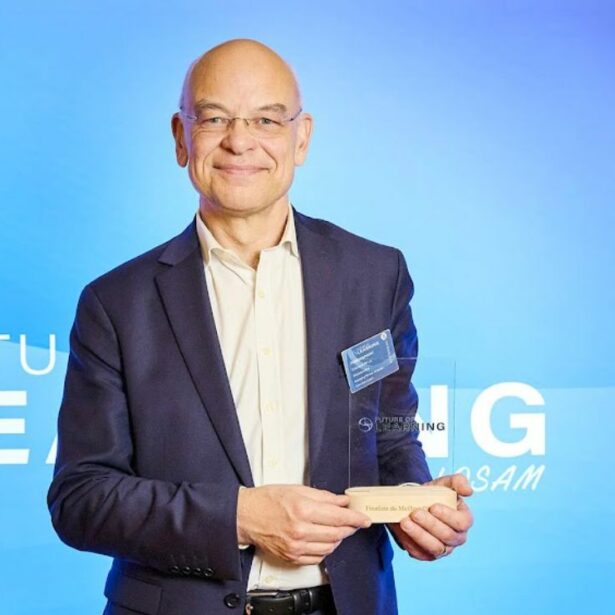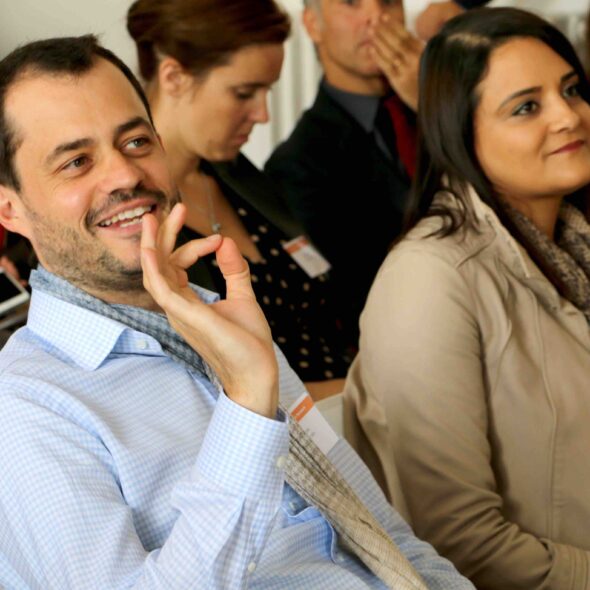Inspiring News
Achieving a harmonious, regenerative ecosystem.

During a recent intervention, Edouard de La Moissonnière, Turningpoint Co-founder and Senior Executive Coach, used this surprising comparison to describe the ideal leader of tomorrow. Permaculture is the practice of associating plants, animals and micro-organisms in such a way as to create synergies and interdependencies between them, enabling them to regenerate their ecosystem: corn acts as a living pole for the beans to climb, the smell of garlic keeps away carrots’ parasites, and so on. What if the role of the leader were also to create such an organic ecosystem, in which each unique element finds its ideal place thus fully exploiting its potential, in correlation with the other elements?
Leaders exert an influence on people and organizations. The success or failure of a project, an activity or even the development of the company depends on their words, actions and decisions. If the responsibility is heavy on their shoulders, the key is their awareness of this responsibility and the realization of the power they have as “organizers”: they are, in fact, not there to give orders, but above all to create order. The synergies they are able to create will determine the performance and well-being of their teams.
This responsibility also requires leaders to be aware of their strengths and weaknesses and to be connected to their purpose, in order to exercise the right amount of influence. No matter how much time has been invested, all efforts can be ruined by a single unfortunate decision, for example if the permaculture grounds were carelessly sprayed with hot water. This reinforces the importance for leaders, and their organizations, to maintain just the right balance between their personal space and outside factors, such as the pressure of time or profits. Leaders need to stay in touch with their emotions, so as not to find themselves at a loss in difficult situations, typically when their teams and stakeholders need them most.
Surrounding yourself with similar people with whom it’s easy to work would also be a mistake in the long term: like in permaculture, multiplying a wide variety of species is precisely what distinguishes it from intensive monoculture, where the drop in yield due to the cultivation of a single plant is compensated for by the cultivated surface. Through the harmony created between the different species, the whole is greater than the mere sum of its individual parts, since conflict gives rise to the possibility of growth by overcoming an obstacle, for example by creating innovation in the search for solutions and change. Without divergence of opinion, there is no opportunity to explore new horizons, and the organization stagnates. It’s up to leaders to create an environment in which everyone can speak out, act and decide, in complete serenity and safety.
These leaders, aware of their strengths and vulnerabilities, connected to their purpose and values, capable of transmitting this purpose to their teams and of creating ecosystems where each talent brings their individual strengths while feeling safe, who don’t forget to also apply this benevolence to themselves, are what we call “Generative Leaders“. Leaders who are at the service of harmony and regeneration of ecosystems – that benefits everyone within.

Inspiring News
"At Turningpoint, impact lies at the very heart of our purpose"

Inspiring News

Inspiring News
Happy New Year 2026!

Inspiring News
Insights from TP Lab on December 4, 2025

Inspiring News
An inspiring evening at the Ritz Paris
Turningpoint creates enriching encounters to enable teams and communities to project themselves into future challenges. By confronting their views, these exchanges allow them to let themselves be inspired and reinvent their view of the world.

Turningpoint specializes in executive individual and group leadership and coaching and development.